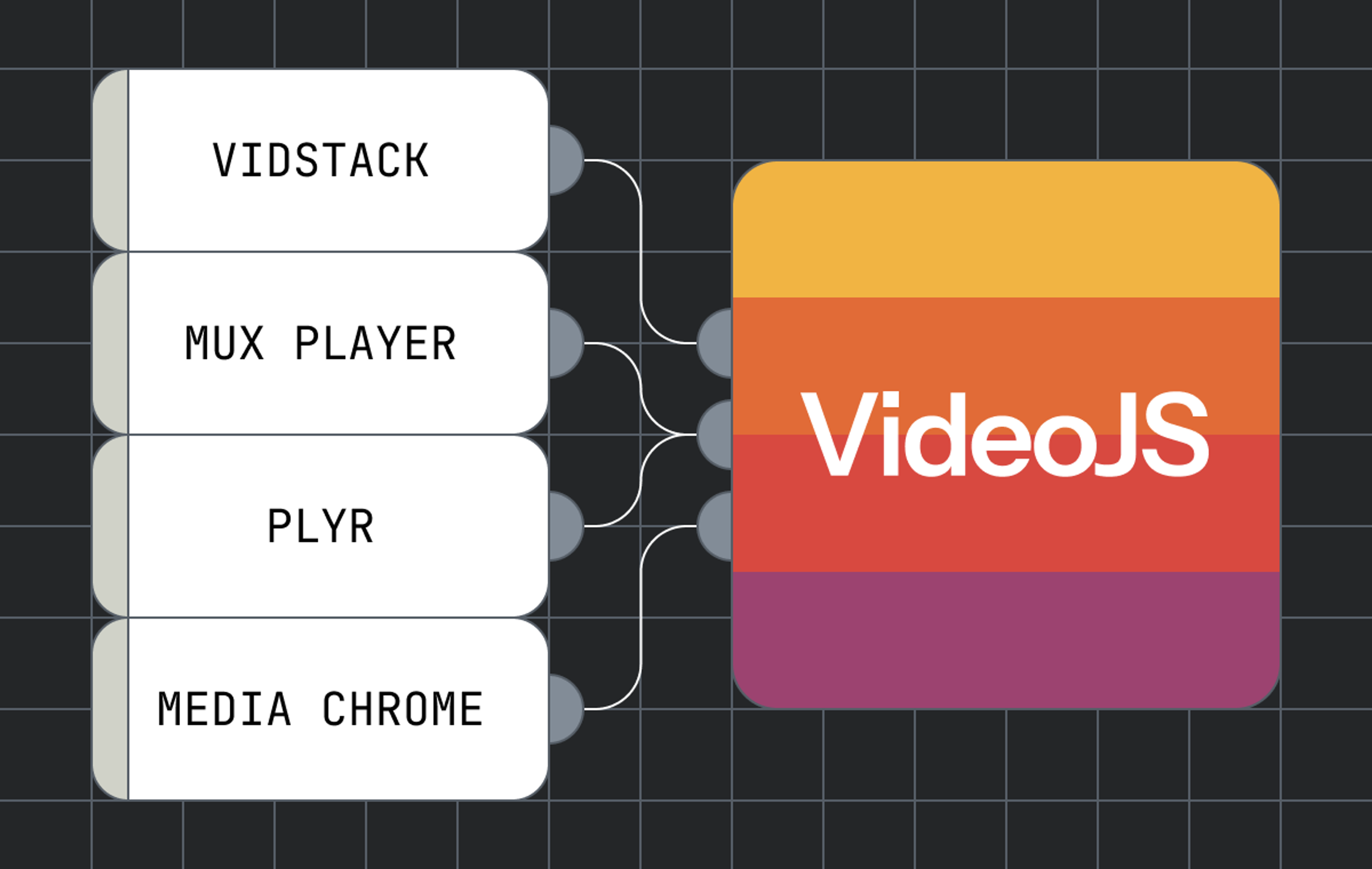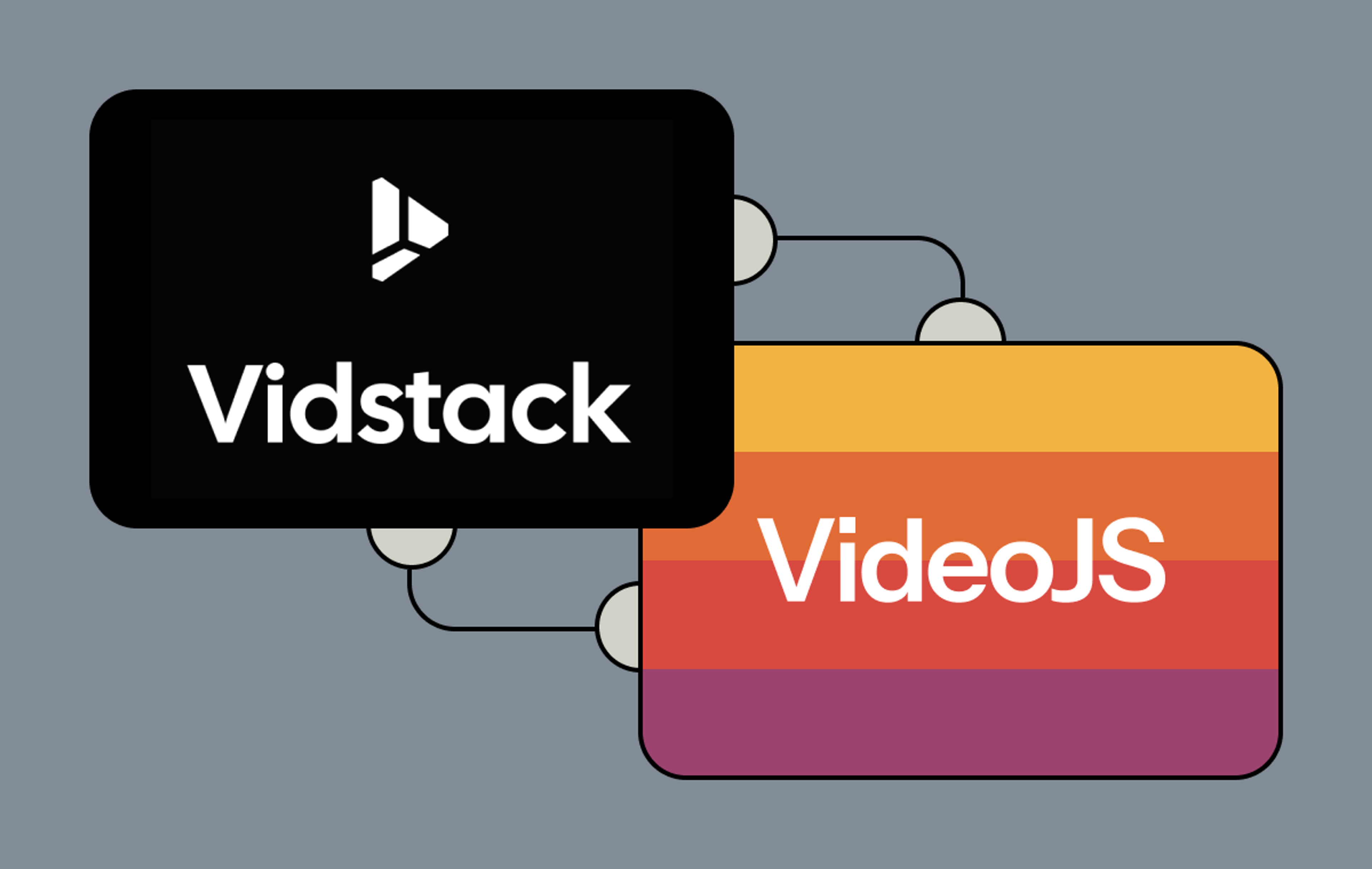We spend a lot of time thinking about how we can make our products easy and fun to work with. Our public API is something we hope people find intuitive and reasonable, but the last thing you want to do when kicking off a new project is sit down and write a REST wrapper.
You may have come across our Node and Elixir SDKs already, but we’re happy to announce some newly added features that we ourselves found really helpful internally.
New Endpoints
Since launching the SDKs originally, we’ve released two additional sets of endpoints:
- /video/v1/uploads - Direct upload management. Allow your customers to upload files directly to us instead of needing to go through your own, intermediate storage.
- /video/v1/signing-keys - URL signing key management. Signing keys are used to create tokens for signed URLs when you want control over access to a piece of content.
Token Helper Utilities
When we started building signed URLs, we were excited to use JWTs (or JWS depending on who you ask) since there were so many tools out there for working with them. That’s wonderful, but getting JWTs right, even with a great helper tool, can be difficult. That’s why we’ve added helpers to the Node and Elixir SDKs to help you easily create signed URL tokens for your Mux assets! Let’s look at some examples:
Node
Elixir
What are you waiting for? Start signing!
Public playback policies are easy and convenient, but they don’t give you much control over your assets. Using signed playback policies allows you to do useful things in your server-side application, like create playback URLs that are only useful for a short period of time or keep your customers from fiddling with query parameters on that thumbnail you agonized over.
P.S.
We started with Node and Elixir, but we’re actively working on more API wrappers. If you’ve already written your own, let us know so we tell people about it, or give us suggestions for what we should build next. 🔨



